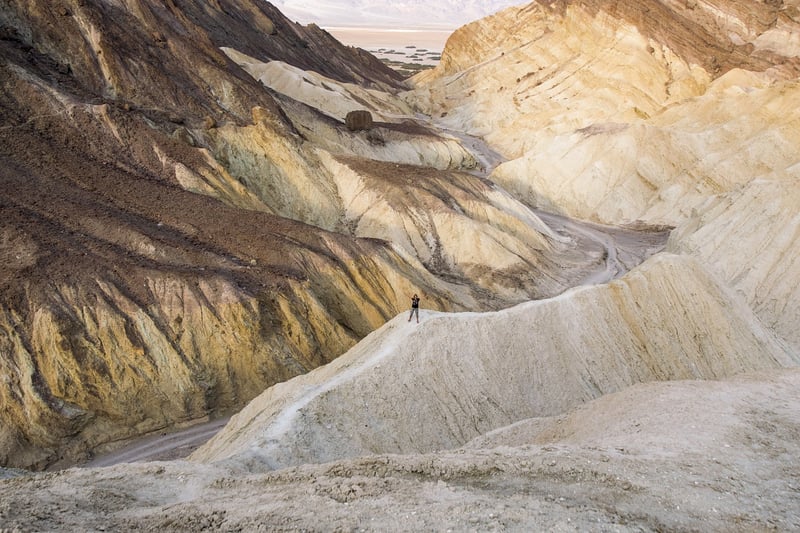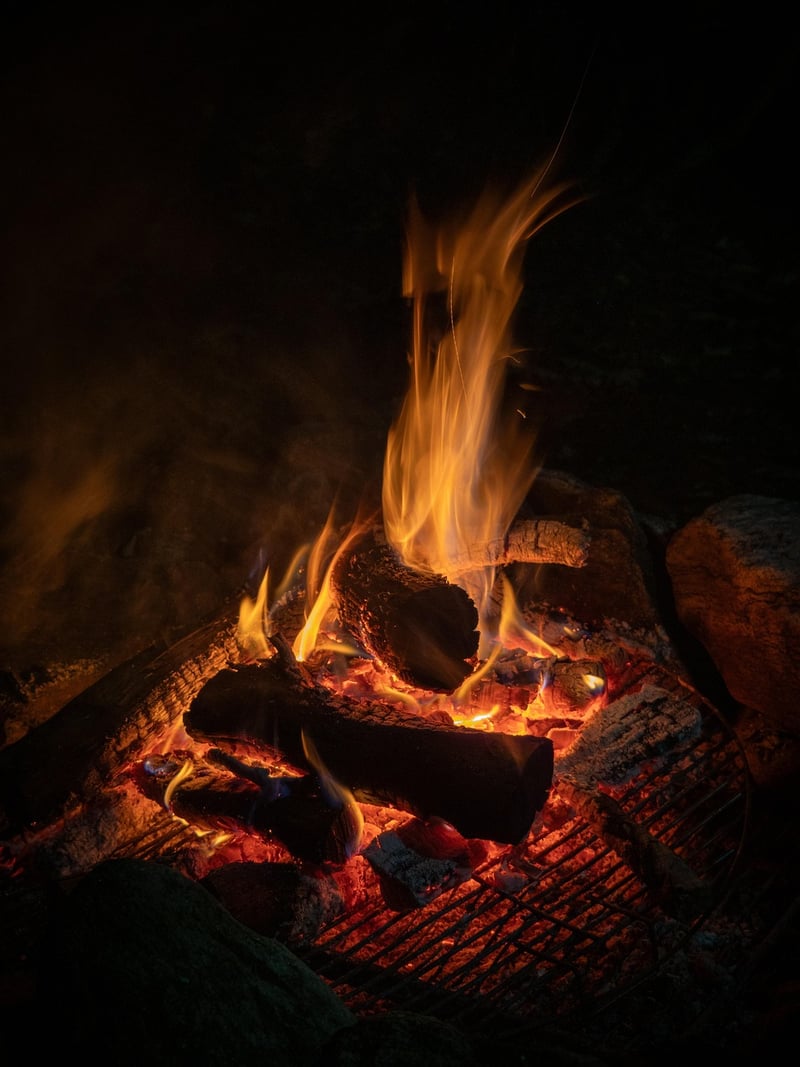Survival Skills
Useful Advice for Adventurers: Survival Skills
Introduction
Embarking on an adventure into the great outdoors can be an exhilarating experience, but it's essential to be prepared for any situation that may arise. Whether you're hiking through the wilderness, camping in the mountains, or exploring unknown territories, having a set of survival skills can make all the difference. Here are some useful tips to help you stay safe and enjoy your adventure to the fullest.
1. Know Your Environment
Before setting out on your adventure, take the time to research the area you'll be exploring. Familiarize yourself with the terrain, climate, wildlife, and any potential hazards you may encounter. Understanding your environment will help you make informed decisions and stay safe throughout your journey.
2. Pack Essentials
Make sure to pack essential items such as a map, compass, first aid kit, water, food, fire starter, and shelter. These items can be lifesaving in emergency situations and will help you stay prepared for any challenges that come your way.
3. Learn Basic First Aid
Accidents can happen when you're out in the wilderness, so knowing basic first aid skills can be invaluable. Learn how to treat common injuries such as cuts, burns, sprains, and insect bites. Carrying a first aid kit and knowing how to use its contents can make a significant difference in an emergency.
4. Build a Shelter
If you find yourself stranded in the wilderness, knowing how to build a shelter can protect you from the elements and keep you warm. Look for natural materials such as branches, leaves, and rocks to construct a simple shelter that will provide cover and insulation.
5. Start a Fire
Fire can provide warmth, light, and a way to cook food in a survival situation. Learn how to start a fire using various methods such as matches, lighters, flint and steel, or friction. Practice your fire-making skills before your adventure so you can confidently start a fire when needed.
6. Signal for Help
If you find yourself lost or in need of assistance, knowing how to signal for help can increase your chances of being rescued. Carry a whistle, mirror, or signaling device in your pack to attract attention from potential rescuers. Creating visible signals such as a large SOS sign can also help search teams locate you.
Conclusion
By honing your survival skills and being prepared for any situation, you can enjoy your adventures with confidence and peace of mind. Remember to stay calm, think clearly, and prioritize your safety at all times. With the right knowledge and tools, you can navigate the great outdoors safely and make unforgettable memories along the way.


